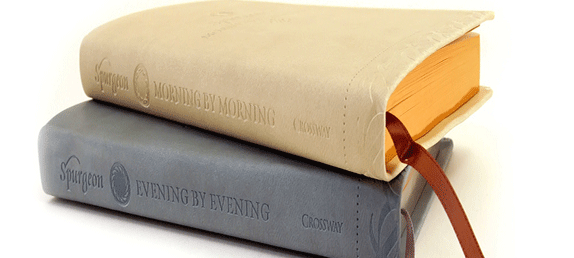


Thou shalt see now whether My word shall come to pass unto thee or not. Numbers 11:23
God had made a positive promise to Moses that for the space of a whole month He would feed the vast host in the wilderness with flesh. Moses, being overtaken by a fit of unbelief, looks to the outward means, and is at a loss to know how the promise can be fulfilled. He looked to the creature instead of the Creator. But doth the Creator expect the creature to fulfil His promise for Him? No; He who makes the promise ever fulfils it by His own unaided omnipotence. If He speaks, it is done'done by Himself. His promises do not depend for their fulfillment upon the co-operation of the puny strength of man. We can at once perceive the mistake which Moses made. And yet how commonly we do the same! God has promised to supply our needs, and we look to the creature to do what God has promised to do; and then, because we perceive the creature to be weak and feeble, we indulge in unbelief. Why look we to that quarter at all? Will you look to the north pole to gather fruits ripened in the sun? Verily, you would act no more foolishly if ye did this than when you look to the weak for strength, and to the creature to do the Creator's work. Let us, then, put the question on the right footing. The ground of faith is not the sufficiency of the visible means for the performance of the promise, but the all-sufficiency of the invisible God, who will most surely do as He hath said. If after clearly seeing that the onus lies with the Lord and not with the creature, we dare to indulge in mistrust, the question of God comes home mightily to us: "Has the Lord's hand waxed short?" May it happen, too, in His mercy, that with the question there may flash upon our souls that blessed declaration, "Thou shalt see now whether My word shall come to pass unto thee or not."
- Charles Haddon Spurgeon - 1865